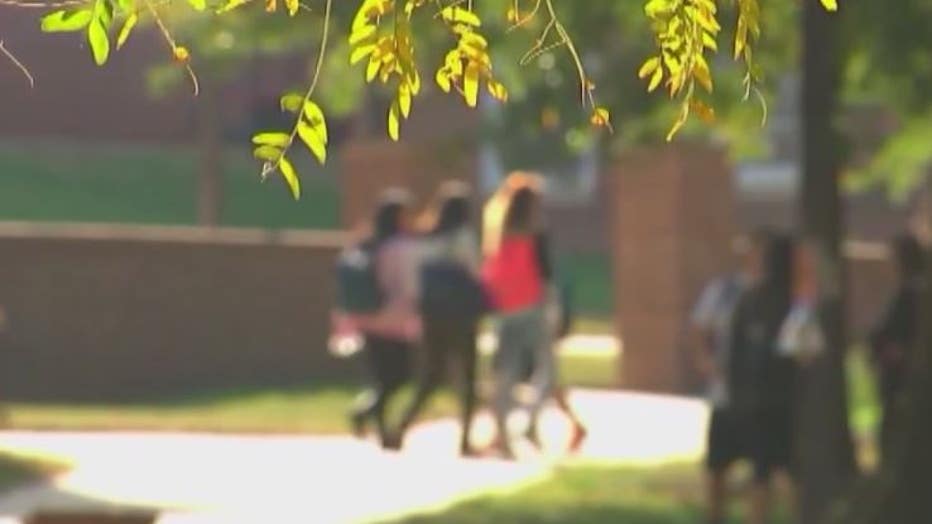Mental health, suicide rate in teens during pandemic has worsened, but there is help available
Mental health for teens during the pandemic has gotten worse but there is help
Dr. Jeffrey Guina is with Easter Seals of Michigan. They’re the largest provider of mental health services in Michigan.
FOX 2 - If you or a loved one is feeling distressed, call the National Suicide Prevention Lifeline. The crisis center provides free and confidential emotional support 24 hours a day, 7 days a week to civilians and veterans. Call the National Suicide Prevention Lifeline at 1-800-273-8255. Or text to 741-741
CLICK HERE https://afsp.org/risk-factors-protective-factors-and-warning-signs for the warning signs and risk factors of suicide. Call 1-800-273-TALK for free and confidential emotional support.
-------
Mental health issues were already growing pre-pandemic as experts saw a spike in suicides. During the pandemic, they say it’s just gotten worse.
"Shutdowns, quarantines, people losing their jobs, people being isolated," said Dr. Jeffrey Guina.
Guina is with Easter Seals of Michigan. They’re the largest provider of mental health services in Michigan.
What’s the cause of the increased problems teens are facing? He says restricted access to healthy coping skills are missing.
"Going out with friends, exercising, maybe going to church, synagogue, mask, wherever, those things that help them cope and deal with life, when those things are restricted, then, unfortunately, some of those unhealthy coping skills move up the list."
He’s talking about drugs, alcohol, and even suicide. Dr. Guina says in Michigan alone, they’ve seen a 25 percent increase in suicides during the pandemic.
And drug use has also spiked. There’s a 20 percent increase there.
"I think, unfortunately, we are particularly seeing that increase among people, who may be restricted from living life normally, going to school, playing sports, going to prom, doing all those things that are really important for development," he said.
Fear, isolation and stress combine into a dangerous trifecta.
FOX 2: "How do you know when a young person is just dealing with the blues or one that’s something that’s much more serious?"
"I think sometimes it’s impossible to know," he said."In the snapshot moment, with ongoing communication, paying attention, over time, you’ll get a better sense of OK, this was a bad day, we all have bad days, or bad weeks or this is persistent, this is going on we really need to do something."
And finally, listen. Parents think they’re doing this when they’re not.

"You want to make things better and fix everything - and you feel helpless when your child is struggling," he said. "But, that’s when we tend to have that instinct to fix everything and tell them what to do and advise when sometimes listening is just way more powerful.
"It’s easier said than done, we all say we listen but, a lot of times in that moment, give us the best listeners star, putting in their two cents."
Help is available. Call the National Suicide Prevention Lifeline at 1-800-273-8255. Or text to 741-741

